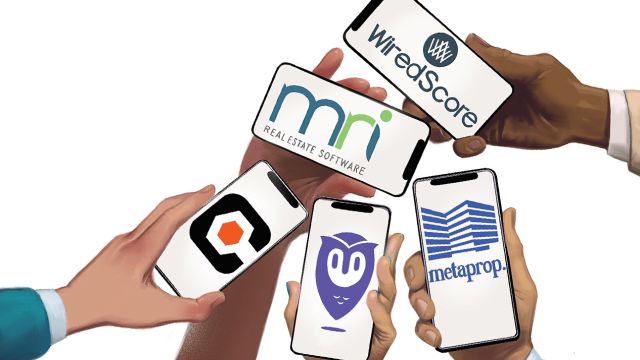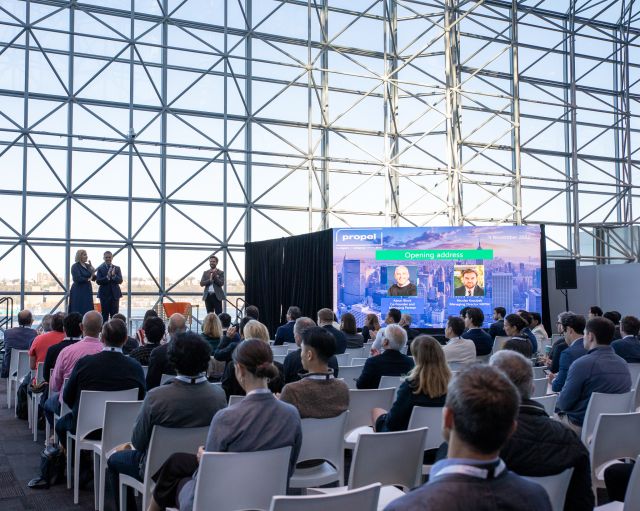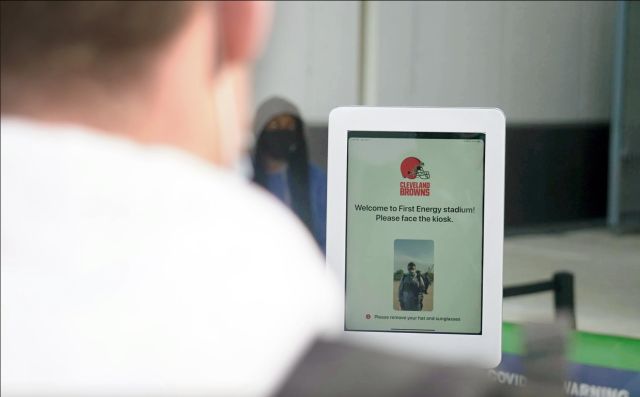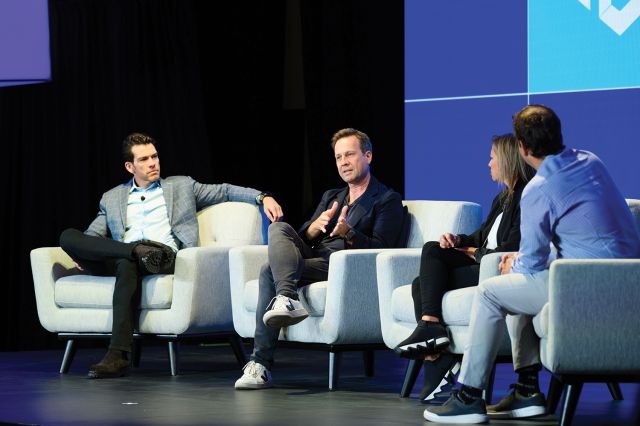
Yao Morin (left) and Raj Singh.
Yao Morin and Raj Singh
Chief technology officer at JLL; managing partner at JLL Spark

JLL has grown in recent years to become one of the more astute and active commercial real estate services firms playing in the proptech space — and in real estate technology in general. Much of that is due to the leadership of Yao Morin and Raj Singh.
JLL Spark, the operation’s venture capital muscle, has invested $425 million to date in more than 55 technology firms. The roster reads like a proverbial who’s who: deal management platform Dealpath, leasing assistant EliseAI, tenant experience portal HqO, and financing facilitator Lev.
Singh looks for companies with practical products and services when it comes to investments. Their tech has to have tangible, revenue-generating positives for the wider CRE industry. That goes for AI.
“Two things are going on in the commercial real estate world,” Singh explained. “The first is that everybody kind of recognizes that AI is potentially a game-changer. However, the second is not everyone is entirely sure about how to take advantage of what AI does because it turns out — you’re going to be shocked by this — it’s not magic. And therefore you need to have the underlying data to feed into your systems.”
Data is a big part of what Morin manages as JLL’s technology chief. She has prioritized over the past year using AI — including JLL’s proprietary AI-enabled JLL Falcon software, which turned 1 year old this fall — to provide the company’s employees with usable data for deal-making, operations and other business lines.
“Our mission, and I think we’re getting closer to making it a reality, is we want every person in JLL to be able to develop agents themselves,” Morin said, referring to the AI terminology for decision-
making software.
This involves continuing to improve the quality of data JLL collects, connecting different sets of data, and securing it all appropriately, Morin said.
“As technology is getting cheaper to build, as AI is easier to evolve and use, as you think about a company’s true competitive advantage, it’s really the knowledge, which is the data that they have,” Morin said. “I think that any company that wants to win in the next five to 10 years, it’s all about the data — how they leverage it and how they protect it.”










